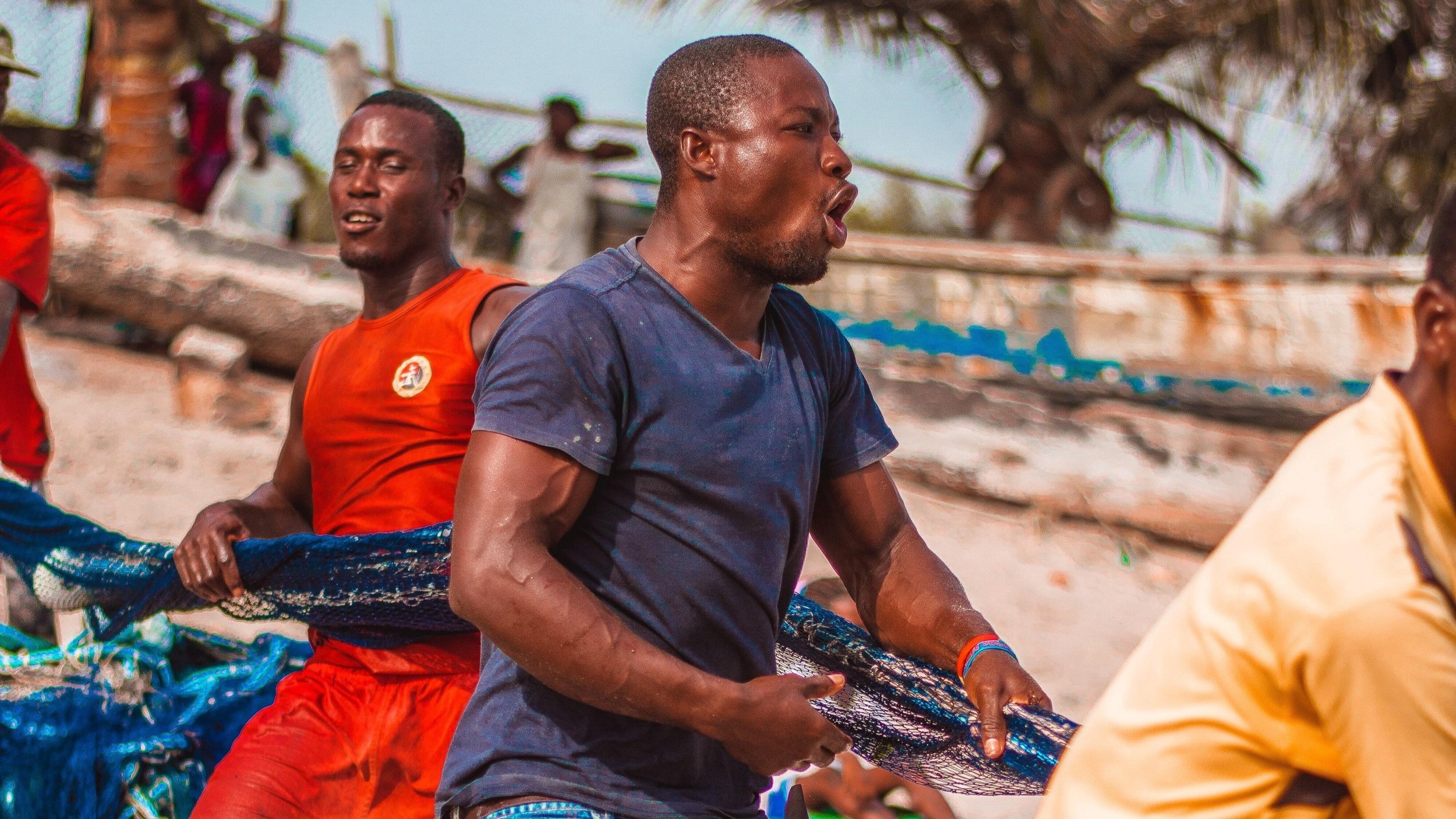Early 2023, artisanal fisheries organisations from 5 continents – the signatories of the Call to Action from small-scale fisheries -, presented a document called “Rules of conduct for working with small-scale fishers and fishworkers to save our ocean.”
These guidelines are aimed at partners who seek to work with artisanal fishers in the context of conservation and are divided in 4 main topics: (1) SSF rights in the context of ocean conservation, (2) SSF participation and representation in decision-making, (3) SSF voice and messaging and, finally, (4) principles for financial and other types of support.
Since 2022, the Coalition for Fair Fisheries Arrangements (CFFA) has supported the "Call to Action", which has since been a thread running through CFFA’s advocacy strategy. After its General Assembly, last June 2023, CFFA’s board marked its support to these Rules and mandated CFFA’s staff to abide by it in its work with artisanal fisheries organisations.
In this regard, CFFA sent a letter to its main partner, the African Confederation of Artisanal Fisheries Organisations (CAOPA) to express its support and acceptance of these Rules: “We hereby undertake to comply with these rules in our work and collaboration with CAOPA and more widely with small-scale fishing, within a framework of partnership to protect the oceans and the coastal communities that depend on healthy oceans for their survival.”
By this action, CFFA encourages also “other partners and stakeholders wishing to support small-scale fishing to commit to these standards.”
Call to action from small-scale fisheries
2022 was the International Year of Artisanal Fisheries and Aquaculture. Sustainable Development Goal (SDG) 14.b calls on states to secure access to marine resources and markets for small-scale fisheries.
Small-scale fishers from six continents signed a Call to Action to ask their governments to action to ensure that small-scale fisheries are protected and restored, and that they continue contributing to economies, health, culture and wellbeing.
Click on the image for more information.
Rules of conduct for working with small-scale fisheries
To mark the end of the International Year of Artisanal Fisheries and Aquaculture (IYAFA 2022), small-scale fisheries organisations from 5 continents followed up on their Call to Action (June 2022) and wrote these Rules of conduct for working with small-scale fishers and fishworkers to save our ocean.
These guidelines are addressed mainly at those organisations and other partners that wish to work with small-scale fishers in the context of marine conservation.
Click on the image for more information.
Photos: Banner photo of a fisher in Fiji by Shiri Ram/WCS. Box 1 of fishers on the beach in Ghana by Samuel Aboh. Box 2 of a fish processor in Indonesia courtesy of KNTI.






Hand in hand with financial giants, environmental NGOs wield increasing influence over natural resource management in debtor nations, undermining their sovereignty. The author warns against the rising financialization of conservation and calls for safeguarding the rights of local populations from the expanding influence of US financial interests.